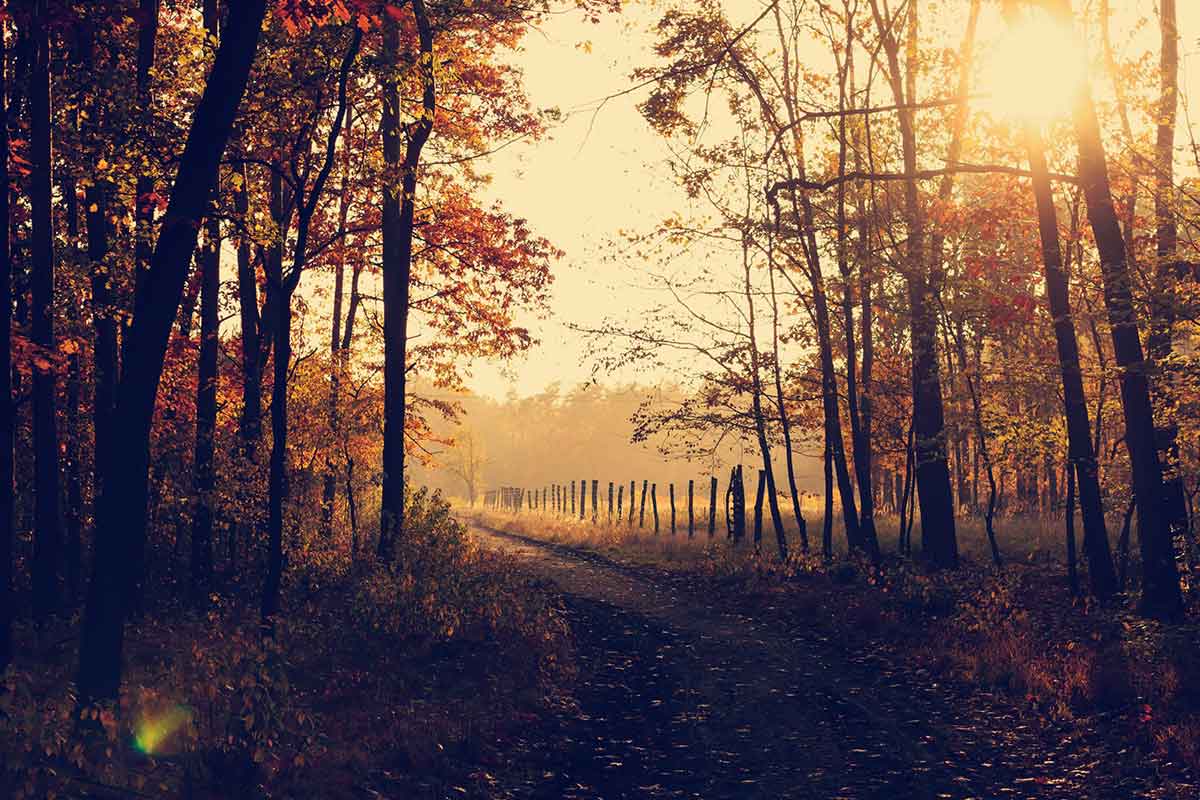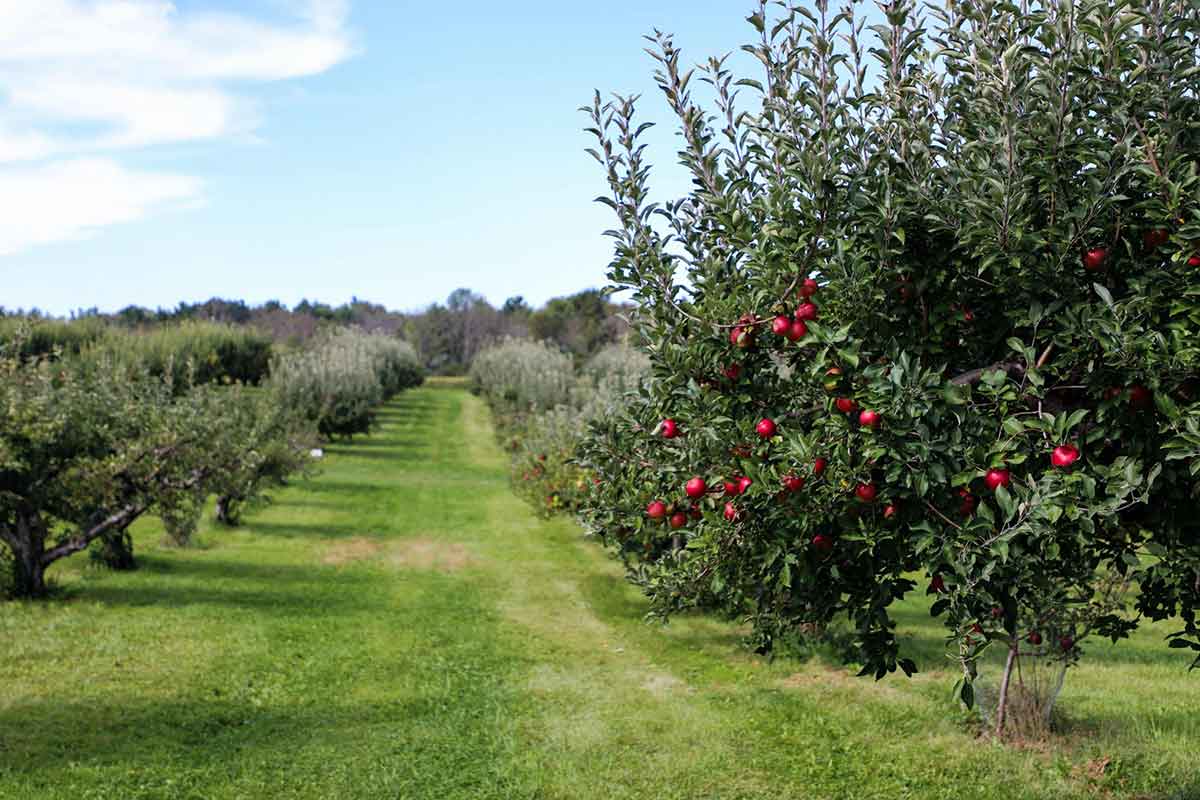As the most consistently stormy month of the year arrives, the focus switches from harvesting the fruits of our labours, to protecting the stock for next year. It’s time for animals and soft plants to come in for the winter months. With Bonfire Night on the way, make sure to protect wildlife as well. Although it will be cold, we can enjoy the sight of the beautiful mornings frost!
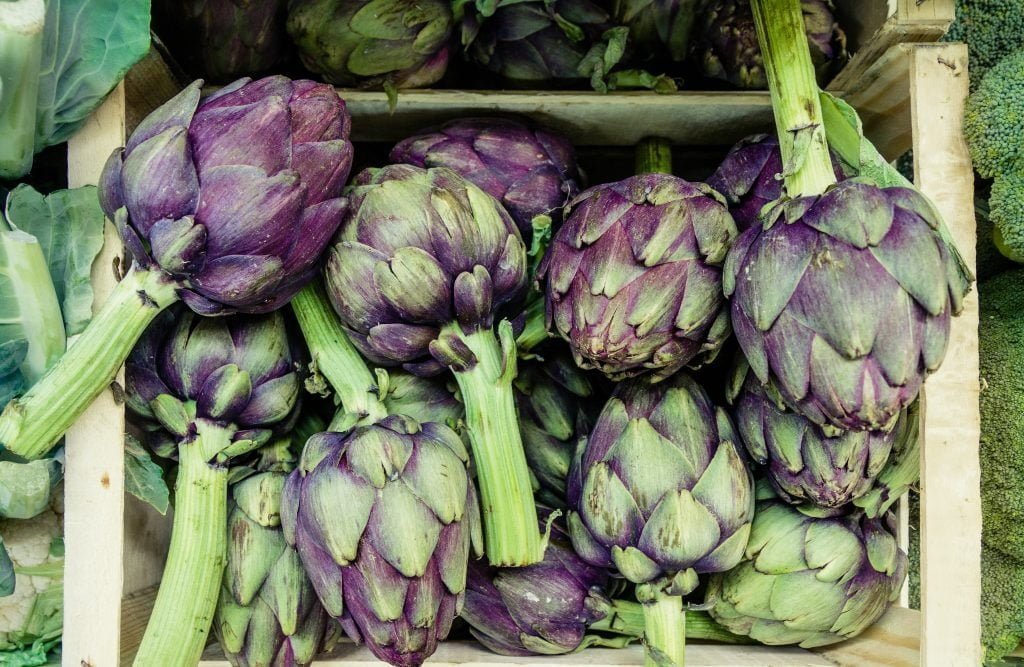
Plants
- Shrubs: continue planting deciduous shrubs, avoiding frosty or wet conditions. Carry on taking hardwood cuttings.
- Hedges: plant deciduous hedges.
- Roses: prune climbing varieties, but not during frosts. Cuttings can still be taken from some varieties.
- Fruit: protect fruiting buds from birds. Begin winter pruning established bushes and trees, but not stone fruits.
- Vegetables: increase stock of globe artichokes by detaching suckers from older plants, and grow on in pots in a cold frame before planting out in April. In the south, sow broad beans outdoors for an early crop.
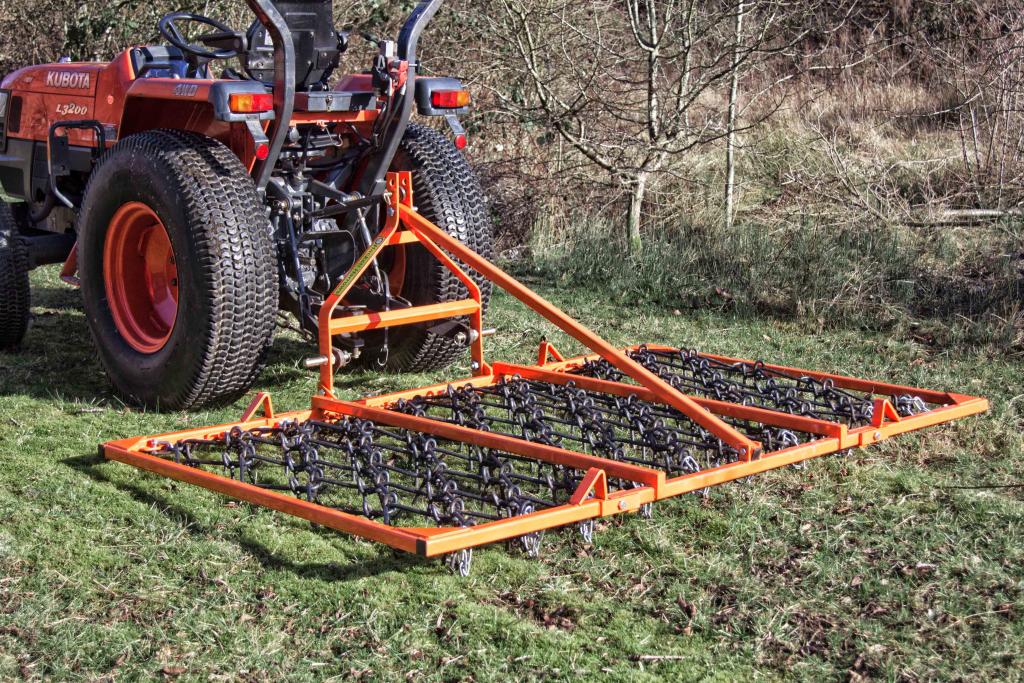
Lawn/Groundcare
- Paddocks:
- Remove thatch from fields with a 3 Way Chain Harrow on its most aggressive setting- both the William Hackett Drag Harrow and Framed Harrow are ideal for this purpose.
- Keep scrub manageable with high blades using a Winton or Fleming Topper Mower, or an FTS or Winton Flail Mower for mulched cuttings.
- Aerate any areas which aren’t draining with the Fleming Aerator.
- Lawns:
- Mow for the last time this year early in the month, with the blades set at an increased height, perhaps using the Winton or Fleming Finishing Mower.
- Aerate poorly drained lawns with a hollow tined fork.
- Gardens: bring tender plants inside and dress heavy soil with lime.
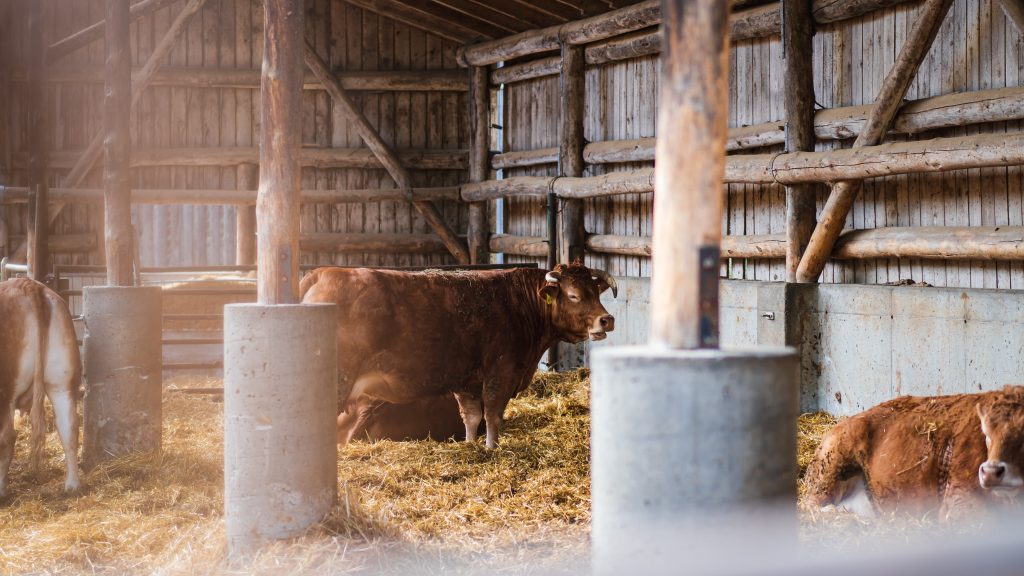
Farm Animal Care
- Sheep: sales of tups.
- Cattle: castrate calves before the frost and house cows.
- General: up the feeding of livestock.
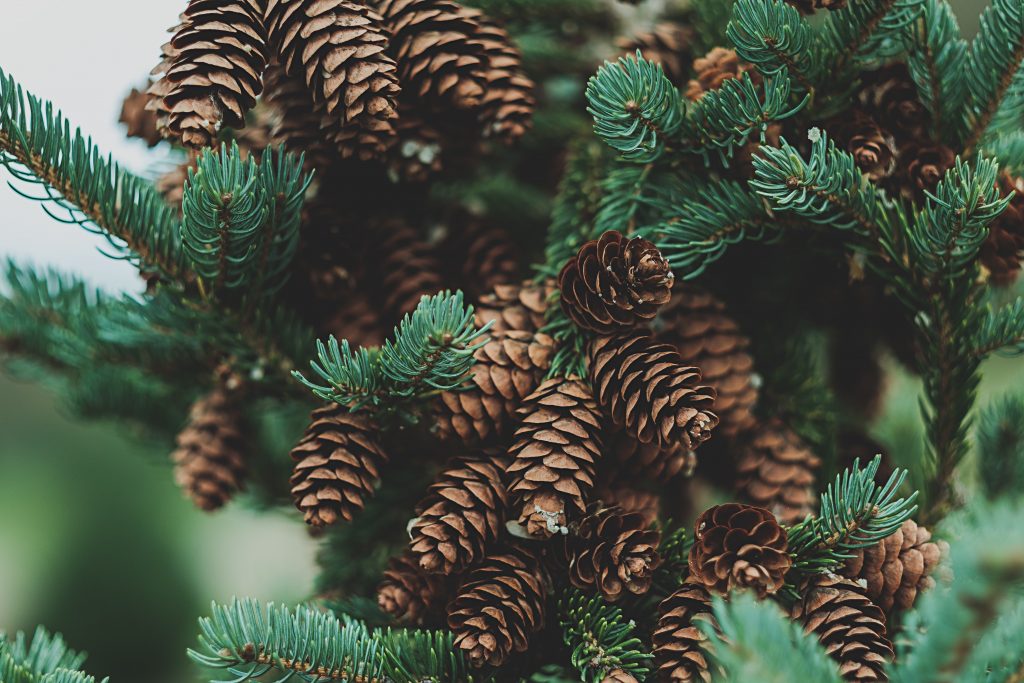
Foraging
- Plants:
- Hop: the flowers are used as a flavouring and stabilising agent in beer, but can also be infused in tea when dried, or stuffed in pillows to induce sleep.
- Pine: various species have edible seeds as well as needles, which can be infused in hot water for a vitamin C boost.
- Navelwort: young leaves can be tasty in salads and sandwiches.
- Fungi:
- Oyster mushrooms: meaty flavour, great with a Full English Breakfast.
- Winter chanterelle: peppery, slightly fruity.

